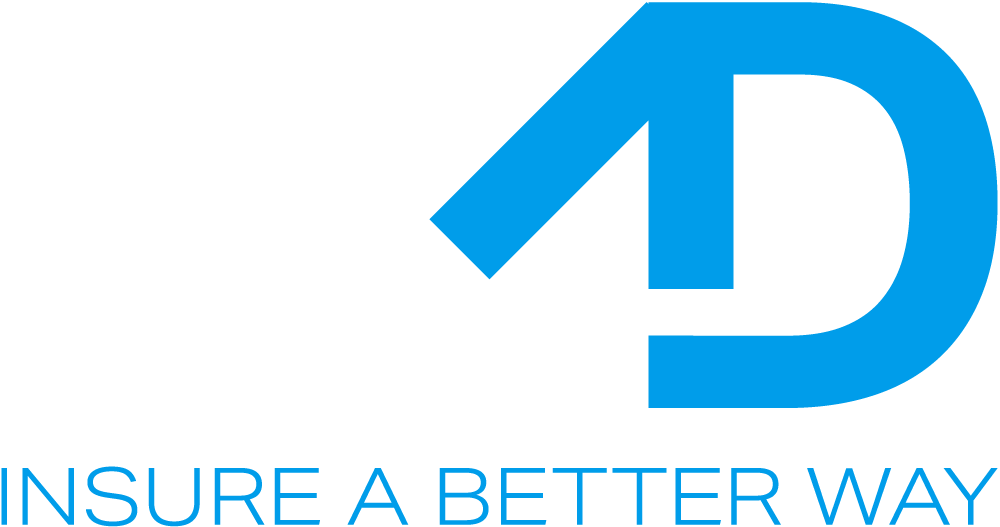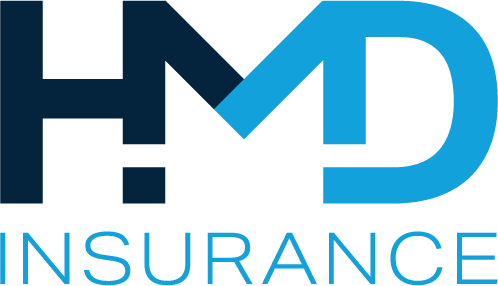
The gig economy has revolutionised the way people work, providing flexible employment opportunities that cater to the needs of both workers and consumers. In the context of food delivery services, the gig economy allows individuals to deliver food to customers through platforms like Uber Eats and Deliveroo, among others.
Understanding the Gig Economy and Food Delivery

Within the gig economy, food delivery has become a significant sector involving gig workers who deliver meals to customers. These workers, often referred to as food delivery riders, face unique challenges in their work environment and while out on the roads fulfilling orders.
Independent contractors play a crucial role in food delivery services by providing on-demand delivery services through various platforms. While this offers flexibility, it also raises questions about the employment status and rights of gig workers.
What is Gig Economy Insurance?

Gig Economy Insurance refers to insurance arrangements for freelance workers in the gig economy. With the rise of gig work, there is a growing need to ensure that workers are protected in the event of an injury. In 2024, the Sydney Independent Riders Association (SIRA) submitted a proposal to establish a scheme to provide personal injury insurance to food delivery riders modelled on the NSW workers compensation laws.
This scheme aims to provide a level of protection for gig workers as independent contractors, who may not be covered under traditional workers compensation schemes. The proposal includes insurance arrangements for food delivery riders to ensure they are covered in the event of an injury.
What Does Gig Economy Insurance Cover?
Gig economy insurance typically covers a range of risks that are unique to freelance and contract work. One of the primary benefits is liability insurance, which protects workers from financial losses if they are sued or held responsible for an accident or injury. This type of insurance can be especially important for gig workers who may not have the same level of protection as traditional employees. Additionally, gig economy insurance often includes business insurance, which covers the worker’s business assets and operations.
Another key aspect of gig economy insurance is income protection. This type of coverage helps ensure that workers continue to receive a steady income even if they are unable to work due to illness, injury, or other unforeseen circumstances. This can be particularly valuable for gig workers who rely on a steady stream of income to support themselves and their families. Furthermore, gig economy insurance often includes disability insurance, which provides financial support if a worker becomes permanently disabled and unable to work.
Gig economy insurance also covers other important aspects of a worker’s life, such as health and wellness. Many policies include health insurance, which helps cover medical expenses and provides access to healthcare services. This can be especially important for gig workers who may not have access to employer-sponsored health insurance. Additionally, some policies may include life insurance, which provides financial support for a worker’s loved ones in the event of their passing.

Legal Framework and Protections
In New South Wales (NSW), there are specific provisions for workers’ compensation to protect gig workers in case of injuries sustained during work. This workers compensation scheme aims to provide financial and medical support to workers who may suffer from work-related injuries.
Additionally, food delivery riders often have personal injury insurance arrangements in place to ensure they are covered while on the job. Such insurance provides personal injury protection for food delivery riders in case of accidents or injuries.
The interplay between employment law and gig economy platforms is crucial in determining the rights and protections afforded to gig workers, especially in relation to workers’ compensation and personal injury insurance.
Benefits of Gig Economy Insurance For Gig Economy Workers and Food Delivery Riders

One of the primary benefits of gig economy insurance is financial protection. This type of insurance provides coverage for medical expenses, lost income, and other financial losses that may arise from accidents or injuries while working.
For example, if a food delivery rider is involved in a car accident while on the job, their insurance policy can help cover the cost of medical treatment and lost income while they recover. This financial protection can be a significant relief for gig economy workers who often rely on their income to support themselves and their families.
Another benefit of gig economy insurance is peace of mind. Knowing that they have financial protection in place can reduce the stress and anxiety that often comes with working in the gig economy. This can help gig economy workers focus on their work and enjoy a better work-life balance.
Additionally, gig economy insurance can provide coverage for other unexpected events, such as theft or damage to their vehicles, which can also cause financial losses.
Gig economy insurance can also provide coverage for other types of losses, such as business interruption or equipment damage. For example, if a food delivery rider’s vehicle is damaged in an accident, their insurance policy can help cover the cost of repairs or replacement. This can help minimise the financial impact of such an event and ensure that the rider can continue to work and earn a living.
Industry Trends and Future Outlook

Gig economy platforms like Uber and Deliveroo have significantly influenced the insurance arrangements for gig workers, prompting discussions on fair work practices and the implications for workers’ protection. Anticipated changes in personal injury and workers compensation laws in 2024 may further impact gig workers and their insurance coverage.
The evolving landscape of on-demand labour in the gig economy sector necessitates ongoing evaluations of working conditions for gig economy workers and the implementation of fair and protective measures to safeguard their rights and well-being.
Get A Good Insurance Broker Today
As a gig worker, you need insurance to protect yourself and your income. But finding the right insurance can be confusing and time-consuming. That’s where a good gig economy insurance broker comes in.
A gig economy insurance broker is an expert who can help you find the right insurance for your needs. They can explain the different types of insurance available, such as health insurance, liability insurance, and income protection insurance. They can also help you compare prices and find the best deals.
Don’t wait until it’s too late. Contact HMD Insurance today to get started with a gig economy insurance broker. Our experts will work with you to find the right insurance for your needs and budget. Call us at 1300 622 531 or visit our website to get a free quote.
FAQ's
The gig economy refers to a labour market characterised by short-term contracts or freelance work as opposed to permanent jobs.
Workers in the gig economy in NSW may face challenges related to job security, classification as employees or independent contractors, and access to benefits like superannuation.
The status of food delivery riders in the gig economy is a topic of discussion, with implications for issues such as worker protections and compensation.
The NSW government has been examining injury insurance arrangements for food delivery riders, with potential changes happening in 2021 or 2022.
Gig economy workers in New South Wales currently lack adequate personal injury and income protections, as they are often classified as independent contractors rather than employees. However, the Australian government is set to introduce new legislation in July 2024 that will grant the Fair Work Commission the authority to establish minimum standards for gig economy workers, including protections against unfair deactivation and the right to seek dispute resolution.
This new regulatory framework aims to provide gig workers with basic rights and safeguards, such as minimum pay, superannuation, and insurance, while still preserving the flexibility of the gig economy model.





